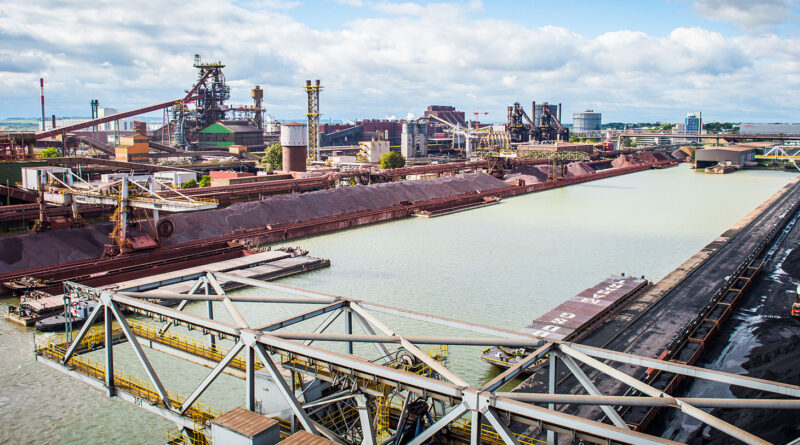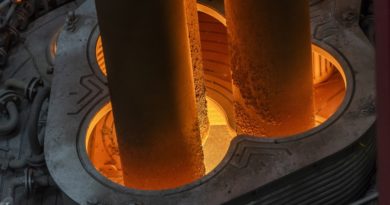Major challenges in the European steel industry
The technological transition to green production faces the entire European steel industry with major challenges. voestalpine, Austria’s only producer of crude steel and a global pioneer in environmental protection, has drawn up an ambitious phased plan for green steel production—greentec steel.
As a steel and technology Group, voestalpine is assuming the quality leadership in carbon-neutral steel production: the company is already conducting intensive research into the manufacture of high-quality steel grades using low and zero emission production processes. Over the long term, it should be possible to produce the same sophisticated grades as today, but using carbon-neutral, hydrogen-based technologies.
GRADUAL SHIFT
voestalpine is planning to gradually shift from the coal-based blast furnace route to electric arc furnaces run on green electricity by 2030. This would allow it to lower CO2 emissions by around a third by the end of the decade. Over the long term, its goal is to successively increase the share of green hydrogen used in steel production, arriving at carbon-neutral steel by 2050.
PROGRESS THROUGH INNOVATION
voestalpine has developed an industrial scale process for carbon-neutral steel production without the use of fossil carbon and secured the intellectual property rights to the process from the European Patent Office. The patent is valid in all major European steel manufacturing countries and specifically covers the production of sponge iron (DRI or HBI) using green hydrogen and biogas in the direct reduction process.
STEEL FOR A SUSTAINABLE SOCIETY
In addition to the question of how steel will be produced in the long run, there also needs to be a focus on the contribution that steel as a material already makes to sustainability. Steel plays an important role in achieving our society’s low carbon future: high-tech steel used in lightweight automotive construction, power plant turbines, or renewable energies such as wind power, saves six-times more energy—and thus CO2—than is used in its production.
Steel is one of the most commonly used materials worldwide and is indispensable in a sustainable society. Steel is durable and can be recycled with no loss of quality. If steel can no longer be produced in Austria, it must be imported from countries with environmental regulations which are far less stringent than their Austrian or European equivalents.



